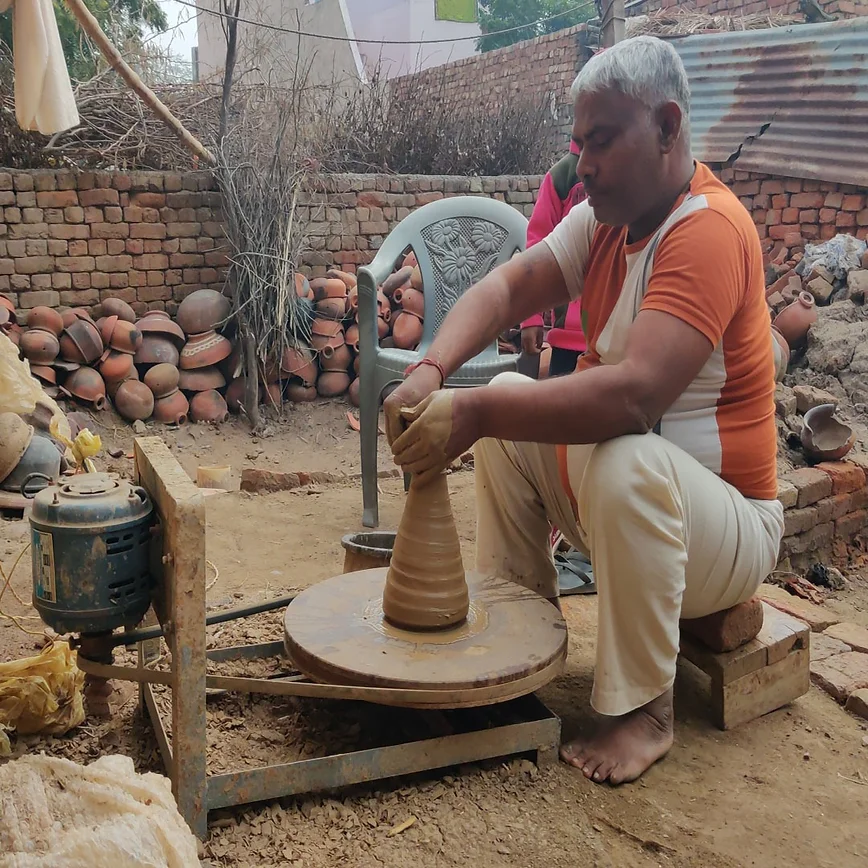The concept of having wealth and giving to charity in China is very different from what it is in the United States, according to a pair of high-profile international philanthropists.
Nonetheless, “the biggest philanthropic market in the next 10 to 20 years is going to be China,” according to Ronnie Chan, chairman of Hang Lung Group Ltd, a Hong Kong-based real estate firm.
“Money can do a lot of harm, but it can do a lot of good too,” Chan said. “The desire to have a better connection is a testament to China and its influence.”
In 2013, Schwarzman contributed a personal sum of $100 million to the Schwarzman Scholars program, an international scholarship program that he established with the help of Tsinghua University in Beijing.
The program looks to meet a fundraising goal of $350 million.
China has prepared a draft law for charities to register directly with the government, making it easier for them to raise funds and gain tax exemptions, while allaying public concern over the way they are run, following some high-profile scandals.
If it were passed, the law would allow organizations to register directly with the Ministry of Civil Affairs, according to a scholar and a charity executive involved in the drafting process.
The draft law underscores official concern about anemic charity donations in the world’s second-largest economy, which ranked 133 among 135 countries rated by the World Giving Index 2013, an annual survey by the Charities Aid Foundation, a non-governmental organization.
Reuters contributed to this story.
jackfreifelder@chinadailyusa.com
